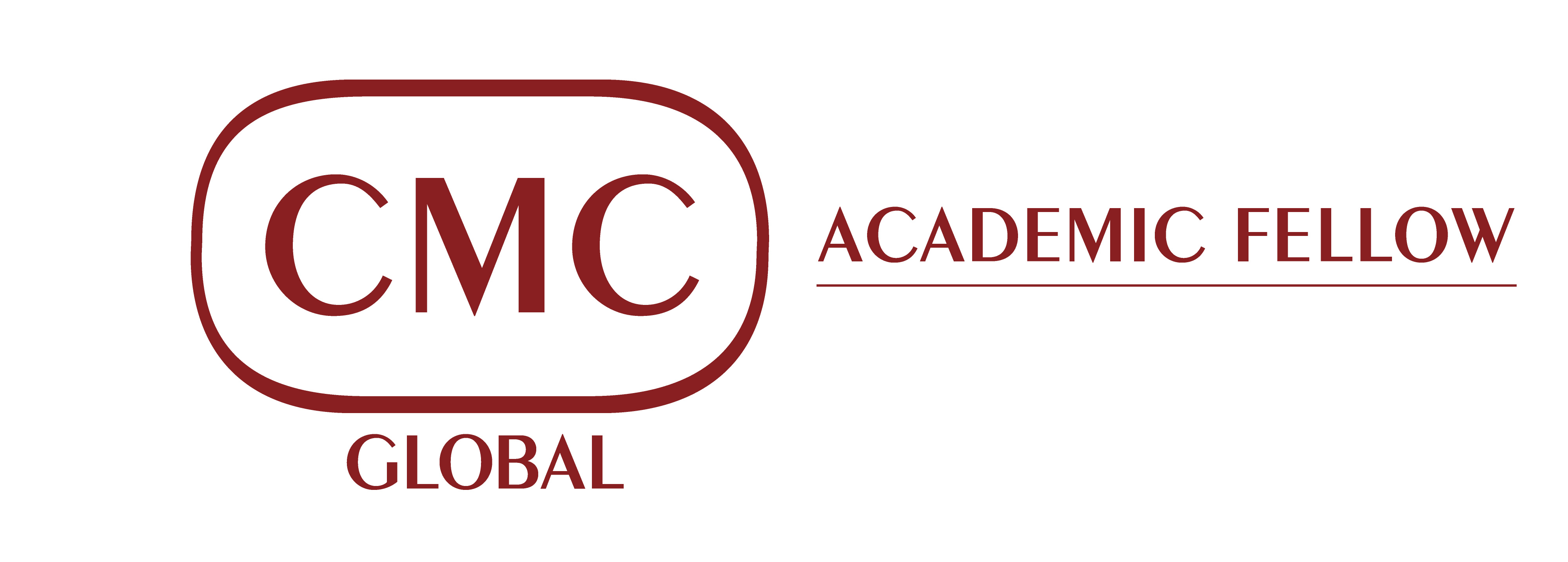What is A Professional Institute
One of the most significant aspects of a profession and its professional body has been the concept of self-regulation – versus regulation by government or other entity. Government, through its registration of professions recognizes the importance of self-regulation to both protect the public/clients AND continuing to advance the practice standards of the professionals – as we learn more, as technology advances, as the “state of the art” is enhanced, and as societal expectations evolve.
The Institute of Certified Management Consultants of Alberta (ICMCA) is a non-profit professional corporation under Professional and Occupational Associations Registration Act (POARA) of Alberta. We are regulated by the Province of Alberta under the following legislation:
- Professional and Occupational Associations Registration Act (POARA)
- Certified Management Consultants Regulation 166/2005
- Fair Registration Practices Act
Self- regulation is both a privilege and a commitment; and something that can not be taken for granted. An important component of this is ensuring all registrants comply with our Universal Code of Professional Conduct and Ethics. Another is that all certified Registrants’ personal practices meet or exceed our CMC competency standards.
The assumptions behind self-regulation include:
- One must have the specialized knowledge and experience in doing the work of the professional to adequately understand and assess whether a professional in question is performing to standards.
- It is a responsibility and accountability as a professional to be watching peers, oneself and societal expectations and ensure self and colleagues perform to these standards of competency, act ethically and to Code of Conduct, plus fulfill their fiduciary duties.
- Public/client/patient protection is a critical part of a “higher calling” of being a professional.
- The Professional collective continuously identifies, develops, and updates the codification of best practices expectations to advance the standards of practice.
- Promotion of client-first thinking plays a key role in providing the client with options and consideration of the implications of a solution for improvement – all with independent opinion and use of best practice knowledge and competency.
Success of a Self-Regulatory Professional Body
The professional body itself – The “Institute”, has a number of elements it must advance in leading the members of the profession and also carrying out its self-regulation responsibility:
- Professionals Recognized as Professionals by the public.
- Integrity of the Certification Process.
- Clear Competency Standards, Knowledge/Education requirements, and Code of Practice/Ethics.
- “Community” of Professionals – Active, engaged, challenging, continuously improving.
- Self-Regulation as a collective responsibility to protect the public/client – with active vigilance and fair mechanisms for reporting, investigating and adjudicating complaints/concerns.
- Master Professionals: Mentors, Leadership of New Practices, Future Issues Exploration.
- Continued Relevancy & Sustainability.
Elements of these items above may be carried out by staff (if the profession has the resources to hire) or volunteers; but key areas are mainly the responsibility of experienced certified professionals such as Initial Certification and Self-Regulation investigation and adjudication.
Good Governance of Self-Regulatory Professional Institutes
The world of governance has undergone significant adjustment in the past 10-15 years, as the public has become increasingly aware of best practices and what societal expectations there should be, in return for granting a Public Trust/Social Contract to Boards.
Best Practices in Governance today include:
- A full understanding of Fiduciary Duty – Board works to consensus vs. taking votes.
- Ensuring Board and Management work in partnership to develop a strategic plan and measures of success, to which staff are held accountable to the Board to achieve.
- A focus on continued relevancy of what they provide, to sustain the organization.
- Balanced attention to oversight of management/operations; strategic pursuit, clarity of priorities plus allocation of resources; and generative exploration of future issues that will impact the organization and the people/clients they serve.
Additional Governance Best Practices for Professional Bodies include:
- Prioritization of processes that enhance Public Protection/Safety.
- Advancement of the Profession – relevancy, competencies, scope of practice, knowledge, mentoring of next-generation professionals, and collaboration with other professions based upon continuously evolving needs of society and clients.
- Support to/fostering of effective self-regulation of professional members.
- Continued advancement of Trust in the profession by all stakeholders in society.
In recent decades, the concept of Public Members being appointed to Boards and possibly investigation/ adjudication panels has become popular to ensure that the professional bodies do not ‘lose track’ of the public protection responsibility as it also carries out the other important work of the Institute/College. These public members must work hard to understand the profession itself; while also having the confidence to be a value-adding voice to dialogue regarding the affairs of the professional body; reaching of consensus at the Board/Council table; and keeping public protection as an important perspective and priority amid many other competing priorities.
A Professional Institute is Different from an Association
Registrants of ICMCA (also known as CMC-Alberta) also have a membership in the Canadian Association of Management Consultants (CAMC, also known as CMC-Canada). CMC-Canada is a founding member of the International Council of Management Consulting Institutes (ICMCI – also known as CMC-Global). Registrants of ICMCA have the privilege to partake in events and publications of CMC-Global. Four members of CMC-Canada serve as Delegates to CMC-Global Annual Meetings and provide leadership within ICMCI.
An association is a not-for-profit organization created to provide benefits to like-minded individuals of a common interest. The Canadian Association of Management Consultants (CAMC) is just such a national association. It provides many benefits to members including:
- Access to Professional Liability, E & O and other insurance plans at reasonable rates
- Discount services, benefits and travel/hospitality rates
- Templates of commonly used consulting models, approaches and resources
- Book Summaries and other Consulting Practice resources
- Zoom/Quickbooks Subscriptions and other Practice Administrative Software
- National database of members for clients searching for consultants to assist them or for consultants looking for collaborative support from one or more colleagues.
Check-out CAMC Member Benefits
In addition, CAMC facilitates the organization and agreement across all the Canadian Regional Institutes to common CMC standards which are in compliance with the global CMC standards. CAMC represents Canada at the global level as a founding member within ICMCI.
In Canada, all the Certifying Institutes have further agreed to award a National Certificate which has reciprocal recognition in all provinces and territories. CMC-Canada provides common training curriculum and course access, and co-ordinates examinations across Canada. Finally, CMC-Canada also provides some common Institute administration services on behalf of the Institutes.
Our Professional Designations


The Certified Management Consultant (CMC) and Fellow Certified management Consultant (FCMC) designations are recognized and administered by country-specific Institutes of Management Consulting in 50 countries. In the other countries, our CMC-Global Institute handles training and certification.



In addition, there are several other designations in use in various countries and in compliance with global standards overseen by ICMCI. These include:
- Accredited Consulting Practice (ACP)
- Academic Fellow (CMC-AF)
- CMC Firm
For more information about these designations please go to our ICMCI Website.


